




 Minnesota is home to some serious contributions to video games’ past and present. Forty years ago, Oregon Trail was conceived by three student teachers finishing their degrees at Carleton College, and long after the game’s fall from ubiquity, most anyone can still spot an Oregon Trail reference. Since 1991, Minnesota has been the headquarters of Game Informer, an institution that’s not just a powerhouse for games journalism, but is also the third-most-circulated magazine in the United States.
Minnesota is home to some serious contributions to video games’ past and present. Forty years ago, Oregon Trail was conceived by three student teachers finishing their degrees at Carleton College, and long after the game’s fall from ubiquity, most anyone can still spot an Oregon Trail reference. Since 1991, Minnesota has been the headquarters of Game Informer, an institution that’s not just a powerhouse for games journalism, but is also the third-most-circulated magazine in the United States.

Minnesota has no shortage of geeks and gamers, but when it comes to game makers and the community that unites them, our state is seriously lacking. This is one woman’s quest to change that.
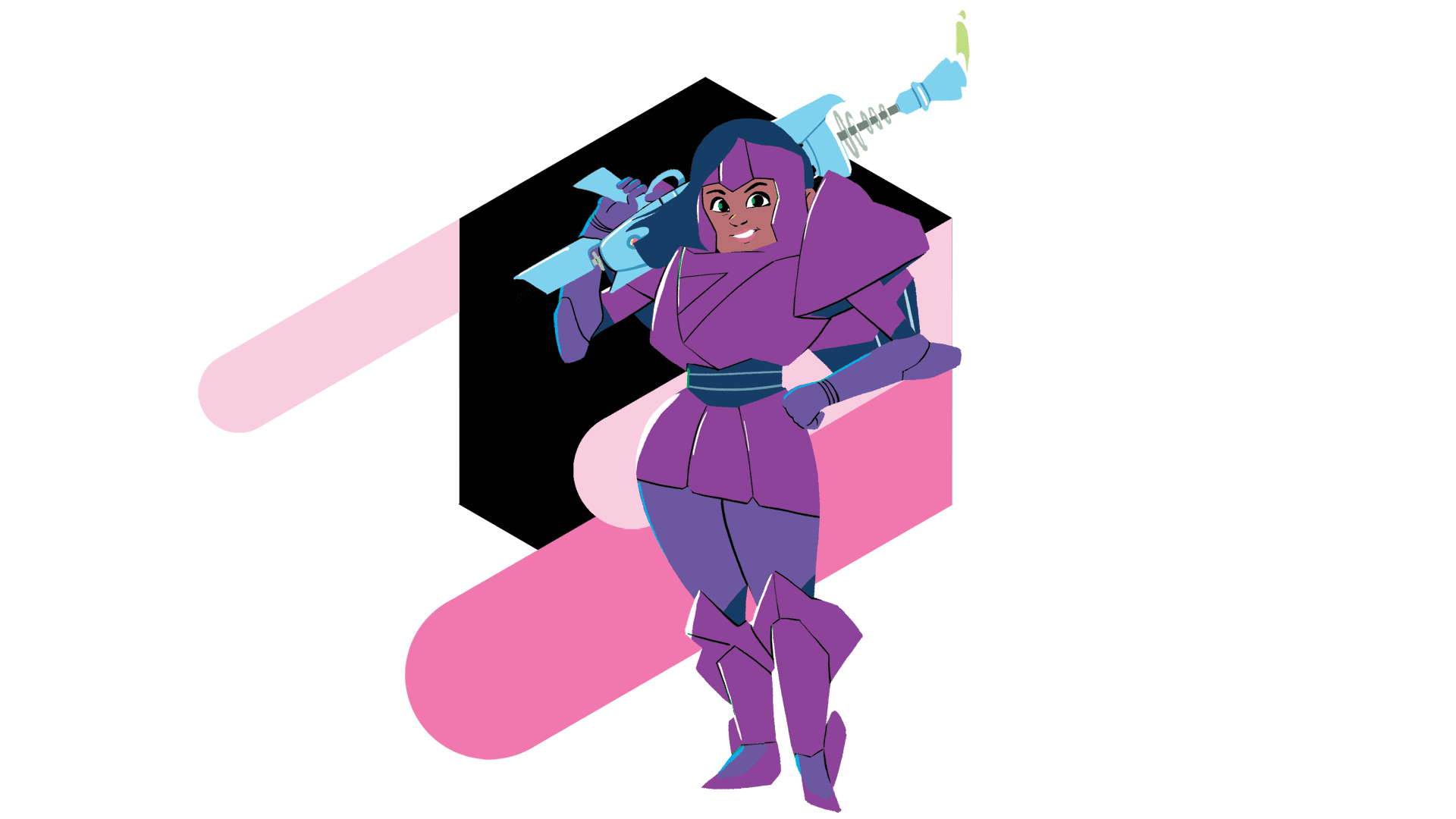
Meet Evva Kraikul.
+ writing by Holly Harrison + illustration by Evan Palmer + game design by Charles McGregor + game art by Andy Leigh

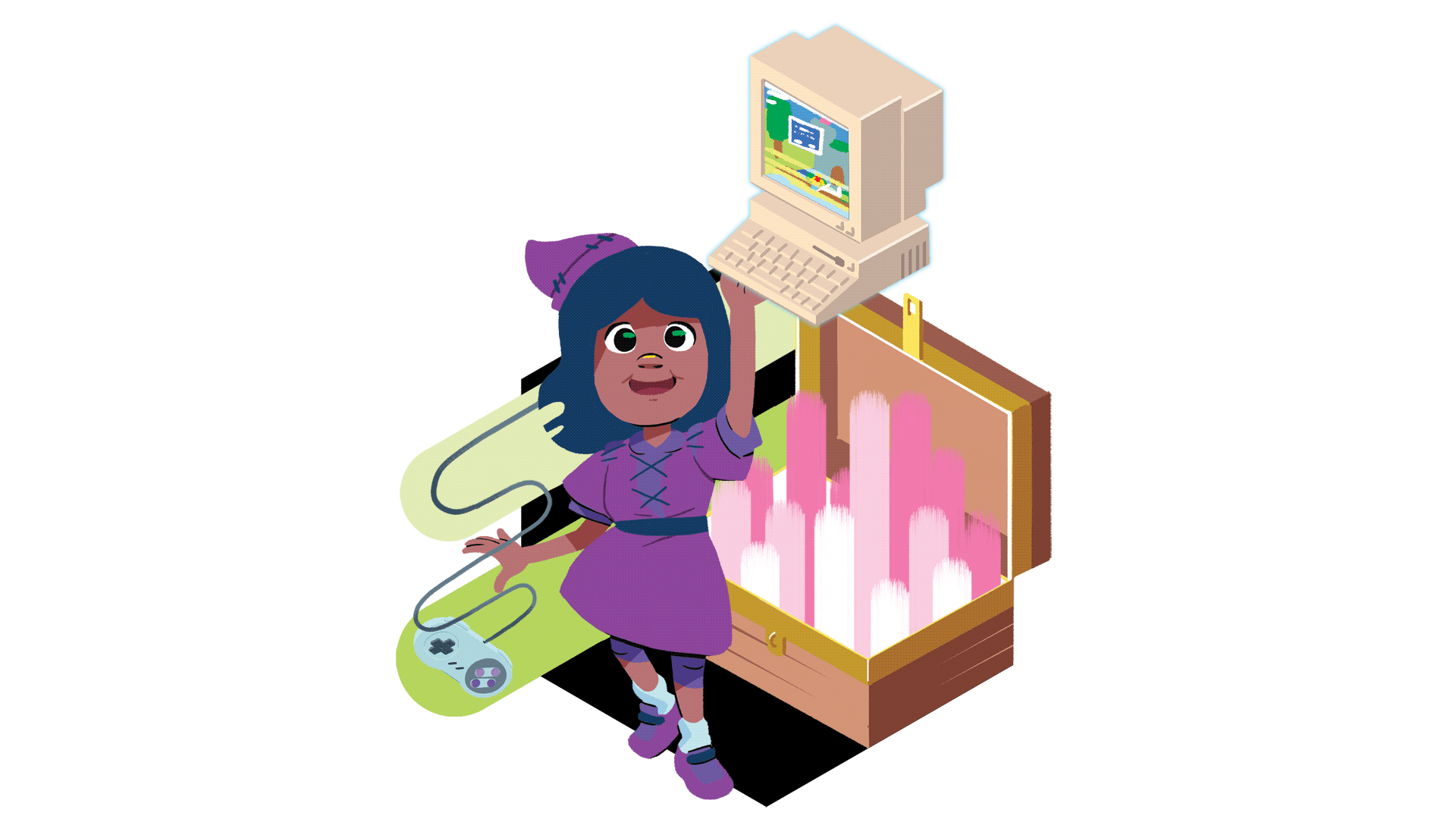
While lots of kids her age owned video game consoles, Evva Kraikul’s childhood experience with a Super Nintendo Entertainment System was brief. “I was playing Zelda and I was running around in a forest. I thought the goal was to hit the fairy.” (For the uninitiated: that is absolutely not the goal.)
After a week of obsessive playing and slow progress, Evva’s dad stepped in. “He told me I was spending too much time on this console and he sold it to a pawn shop. Then he bought me a computer instead.”
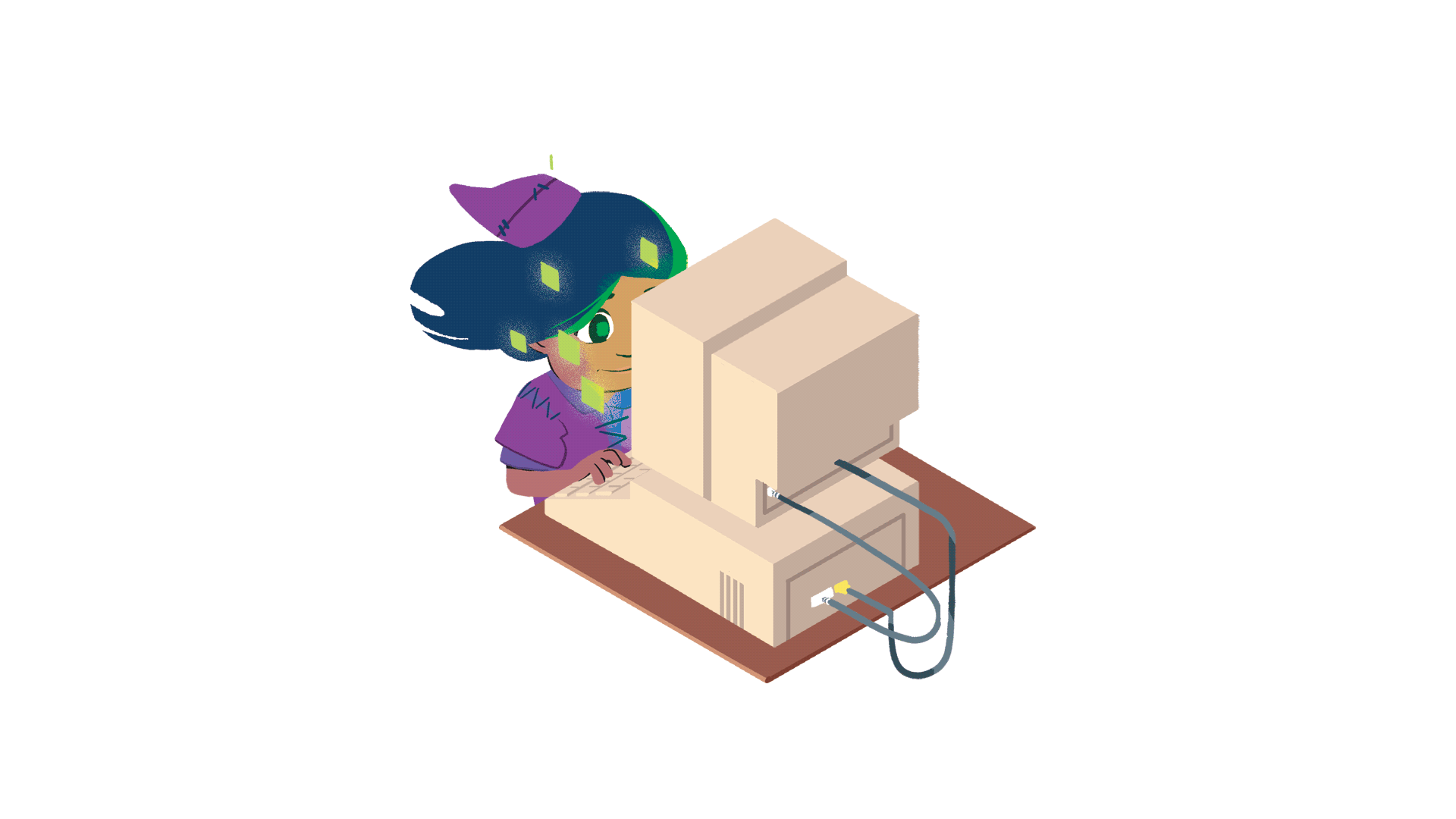
He stocked the computer with educational games, hoping his daughter would get familiar with the computer — a tool he was convinced would be vital in her future — without rotting her brain. “I had Math Blaster and Reading Blaster,” Evva remembers. “I also had all of the JumpStarts. I traveled all the trails — The Oregon Trail, The Amazon Trail, The Yukon Trail…” She sums it up like this: “I ate the chocolate-covered broccoli. And I liked it.”
Evva went through a dry spell playing video games in high school, but while studying neuroscience and psychology at the University of Minnesota–Twin Cities, she resumed her habit of taking a nontraditional backdoor into gaming.

“I was on YouTube one day and one of the recommended videos was for commentary on professional Starcraft play in Korea.” Curious, she clicked it, and after some time watching Evva was hooked. She picked up Starcraft herself, and just like that Evva was back at it.
This time for good.

From there, it wasn’t long until her love of gaming turned into a career path. She helped found GLITCH, a student group at the University of Minnesota.
“Myself and Nic VanMeerten [GLITCH co-founder and director of interactive technology] wanted to find people who were like-minded,” says Evva. “Unfortunately on campus there wasn’t a group like that, so we just did it.”
By the end of the first year a sub-population of GLITCH members — those interested in games as a career — began to emerge.
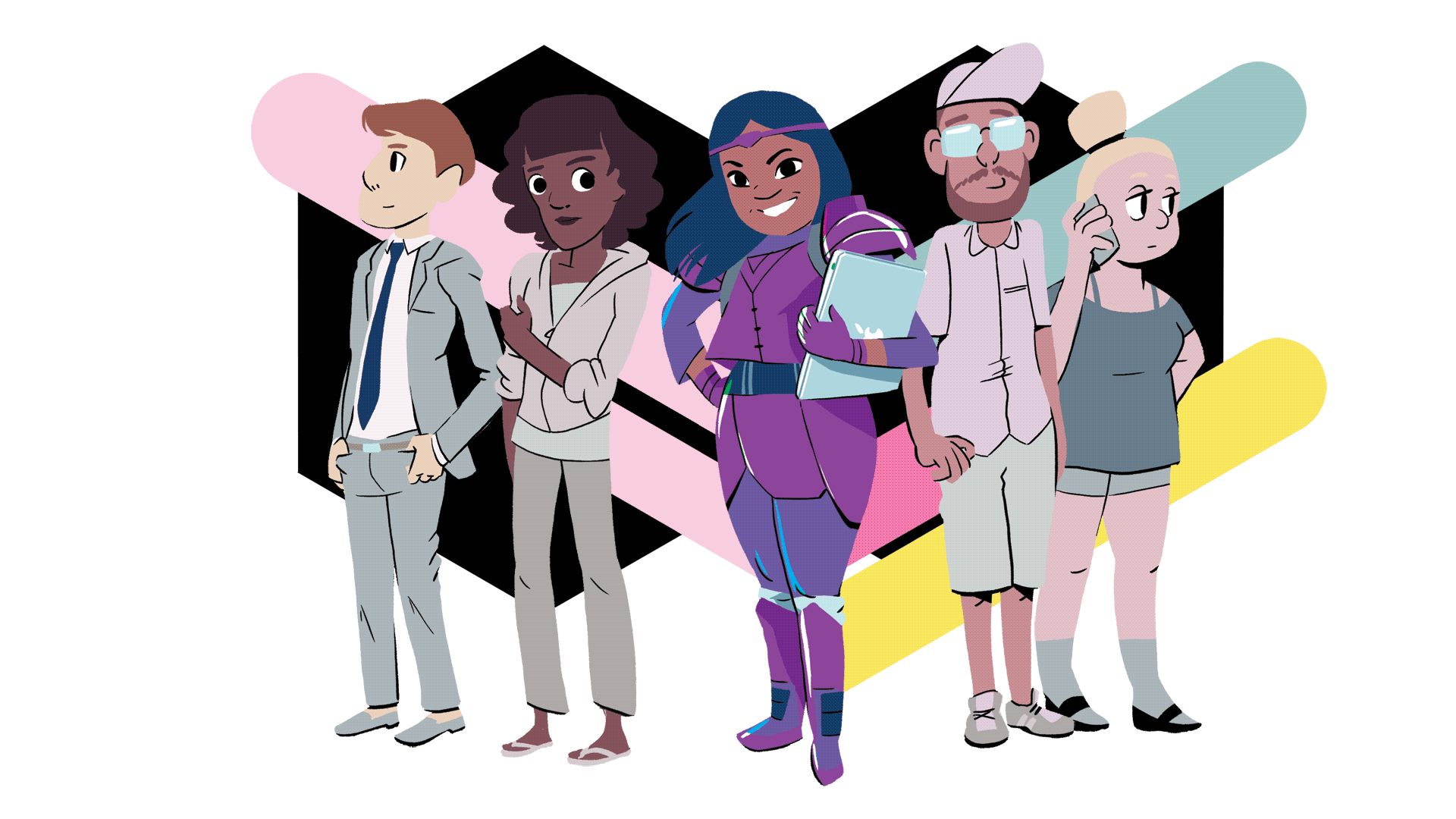
This gave Evva and Nic the opportunity they wanted from the beginning: to expand GLITCH’s offerings to include networking, workshops, panels, and more, all interwoven with play.
Today, GLITCH has evolved from a student group into a nonprofit, with a robust calendar of events for game makers and game players alike. Its next big event is a two-day convention in March that attracts attendees from all over the U.S.
Looking at GLITCH’s success, you would think they’ve done it — that they’ve created a gaming community in Minnesota…
But Evva isn’t satisfied.

There are a mountain of odds against Minnesotans who want to pursue a career in video games locally. Keeping game makers in Minnesota means more than having extra geeks around.
Sure, there’s the cool factor: Imagine if Minnesota was the home to a cast of professionals changing the way we have fun and upending traditional storytelling with interactive play. Plus, their skills align seamlessly with the existing tech community, which would mean a better exchange of ideas and a more innovative Minnesota all around.
But there’s an economic factor, too. A better gaming community sprouts a better startup community, and that means a stronger local and regional economy. Entrepreneurial hubs support job creation. Lawmakers know it. Investors know it. With their support, the game community isn’t the only one that benefits. We all do.

At GLITCH’s University of Minnesota homebase, the list of faculty working even tangentially on games isn’t ten names long. This makes it difficult for GLITCH and other video game initiatives on campus to grow.
The lack of infrastructure and support for faculty interested in games at the college level leaves the social segment of Minnesota’s gaming community to pick up the slack. For a student eyeing a career in games, GLITCH is there to support them. Groups such as the Twin Cities chapter of the International Game Developers Association (IGDA) do similar work. Even though the two organizations make a habit out of partnering, there isn’t much of a connection between the students interested in making games and the professionals already doing that.
According to Evva, that’s a big problem.

“We, as a collective group of nerds who are working in games and on games, are not reaching people,” she says. “We aren’t out there talking to people. We aren’t talking to and teaching students about why games are a viable option for a career.” For the ones that do manage to guide their studies and extracurriculars toward a career in video games, they find a dearth of local job opportunities upon graduation.
In addition to the Minneapolis-based magazine Game Informer, Minnesota is host to a handful of game studios and a couple of small branches of big-name developer/publisher/distributor behemoths. Evva estimates that most studios don’t employ more than 20 people in a given office. While many of them find financial success, they aren’t growing rapidly, meaning that talented young game developers don’t stick around.
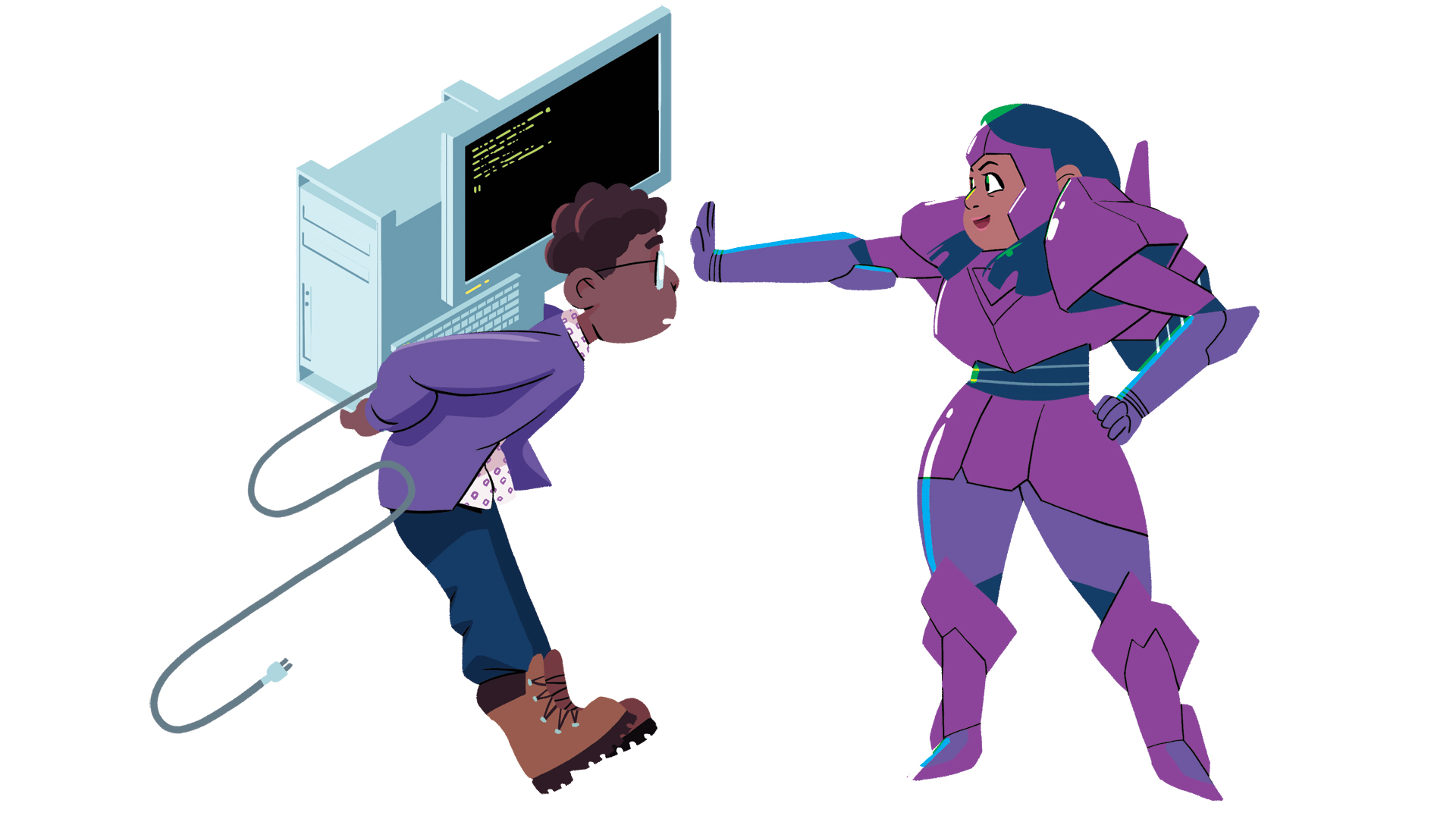
Evva tells stories about students she knows through GLITCH who left to work for companies in Texas, in California, in Missouri. She tries to summon an anecdote about a GLITCH student finding social and financial success in Minnesota — “Okay, positive story!” — then pauses and says, “Um, I have another negative story I just remembered.” She’s always thrilled when her students find their dream job, she just wishes they would find it in Minnesota instead. “Meeting people and watching their stories unfold is the most rewarding part [of GLITCH], but it’s also the most gut-wrenching part when they leave or don’t find success. Then I feel like I’m not doing my job very well. I wish I could do more.”
So she is doing more.

Keeping GLITCH members in Minnesota has risen to the top of organization’s priority list.
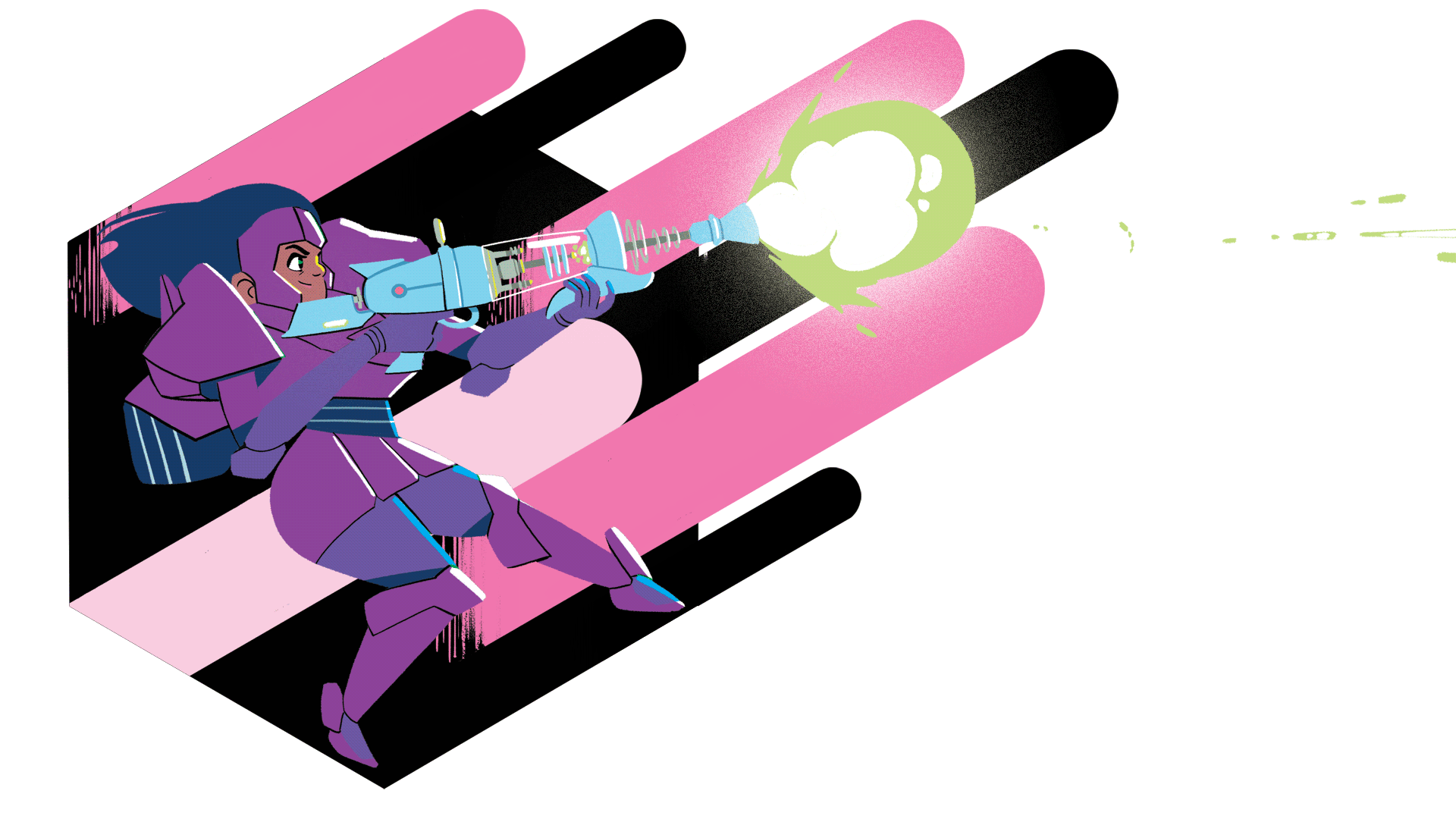
 In an ideal world, one with unlimited time and resources, Evva would work from the top down to attract talent and enhance the local industry. But we don’t live in that world. So with GLITCH tied closely to the University of Minnesota and focused largely on student development, Evva and her team are working from the bottom up. It’s heavy lifting, but they plan on strengthening the local game developer community in the next few years in two ways: by building a Games Cultural Center and starting an incubator program.
In an ideal world, one with unlimited time and resources, Evva would work from the top down to attract talent and enhance the local industry. But we don’t live in that world. So with GLITCH tied closely to the University of Minnesota and focused largely on student development, Evva and her team are working from the bottom up. It’s heavy lifting, but they plan on strengthening the local game developer community in the next few years in two ways: by building a Games Cultural Center and starting an incubator program.
The Games Cultural Center would act as a physical homebase for GLITCH, and like its existing programming, would be open to students and non-students alike. This doesn’t just mean Evva would get a break from hauling all of GLITCH’s gaming equipment out of the storage locker week after week for events. The center could also act as a community hub and collaborative workspace for local game makers looking to grow emerging projects and create budding partnerships within its walls. GLITCH is on the hunt for a space at or near the university, and they’re certain that once they create it, the gamers will come.

One staple of the Games Cultural Center is GLITCH’s incubator program. The hope is to offer free courses to individuals about how to develop, publish, and promote a game. After taking enough classes, students could to apply to be part of the incubator program.
“We plan to take students in teams of two. They give us a proposal of a game they want to make and how they plan on making it, and we — along with some hired indie developers — help them build it and launch it.”
 It has the makings of a fantastic opportunity for students, but Evva doesn’t just want the individual students to benefit from it — she wants Minnesota to benefit, too. “Hopefully the students will see some success with our help, and that will: A) inspire them to build a studio here, or B) show there’s some sort of financial opportunity for them and they don’t have to leave,” she says.
It has the makings of a fantastic opportunity for students, but Evva doesn’t just want the individual students to benefit from it — she wants Minnesota to benefit, too. “Hopefully the students will see some success with our help, and that will: A) inspire them to build a studio here, or B) show there’s some sort of financial opportunity for them and they don’t have to leave,” she says. 
Could this take Minnesota from another stop on the trail to a thriving gaming community? As long as it’s powered by Evva Kraikul’s deep well of resolve and good will…

Play Meet Evva: The Game. The object of the game is to create, publish, and promote a video game of your own–from MSP to the far reaches of space and time.
1. Download Unity Dog to activate and play the game below
2. Click the white start bar
3. Select an avatar and give it a little “click-click” to gain influence
4. Influence helps you gain you fans. Fans help you build resources. Resources in turn gain you more influence.
5. Spend resources in the store to raise the cap on your influence, get more fans, hire fans, and more.
6. Go to the map. Once you have enough fans, you can unlock new levels and the game will play itself. But don’t forget to check back to buy upgrades and continue to move to other areas of the game!


Contributors